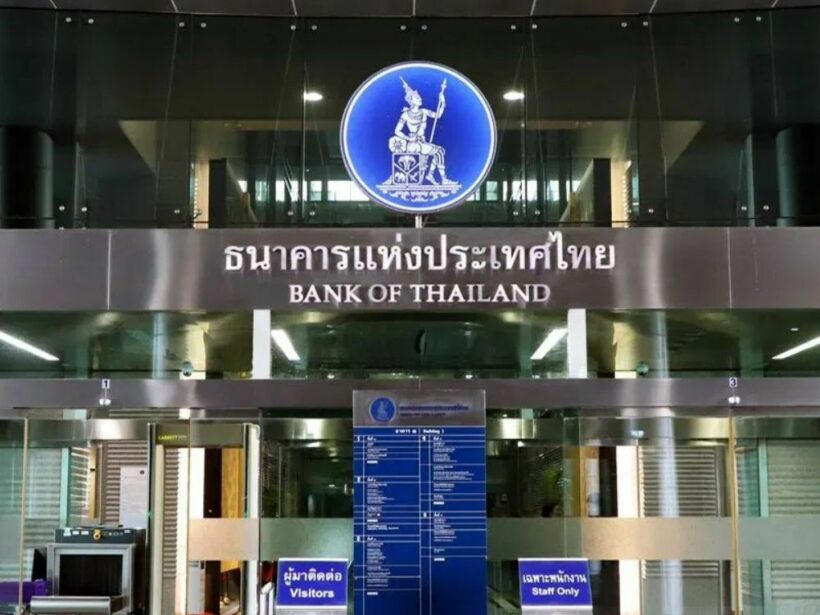Bank of Thailand announcing 3rd phase case-by-case debt aid

Today the Bank of Thailand will announce the third phase of their plan to reduce debt strain on people affected by the third wave of Covid-19. The phase is part of a continued effort to help individual borrowers cope with their debts by implementing restructuring measures. Financial aid is planned to be given to those in need after evaluation on a case-by-case basis, according to the Deputy Governor for Financial Institutions Stability.
The Bank of Thailand is considering the many different ways that people’s debt has been affected by Covid-19 in Thailand. The third wave that started in early April has been spreading exponentially more than any of the previous 2 waves of the Coronavirus, delaying any economic growth or eased reopenings. With much worse outbreaks, many retail operators that had taken loans found themselves unable to repay their debts. Covid-19’s economic stranglehold on Thailand has shuttered businesses and lowered people’s incomes.
The decision was made to not implement blanket measures but rather address the variety of situations borrowers may be in. The bank had recently approved amended soft loans and asset warehousing schemes and had offered over 3,000 borrowers an average of 2.1 million baht each, investing 6.21 billion baht into the programme. Previous measures included a debt moratorium, which has now expired for most borrowers, meaning that they have restarted their loan repayments.
There have been rumours that the third phase of the Bank of Thailand debt restructuring would include a ” debt haircut” plan, a term for revaluing assets factoring in the risk of a decrease in value and possible liquidation. That plan would essentially recalculate the value of the assets of the borrowers and lower the loan amount as a result.
Bank of Thailand officials declined to comment on debt haircuts while other banks indicated they would not agree to such cuts claiming borrowers need to be financially disciplined and a reduction on their debt would lead to a moral decline. They said that their default rate was reasonably low and they believe sustainable growth will only be achieved if both the borrower and the lender remain financially disciplined.
SOURCE: Bangkok Post
Latest Thailand News
Follow The Thaiger on Google News:


























